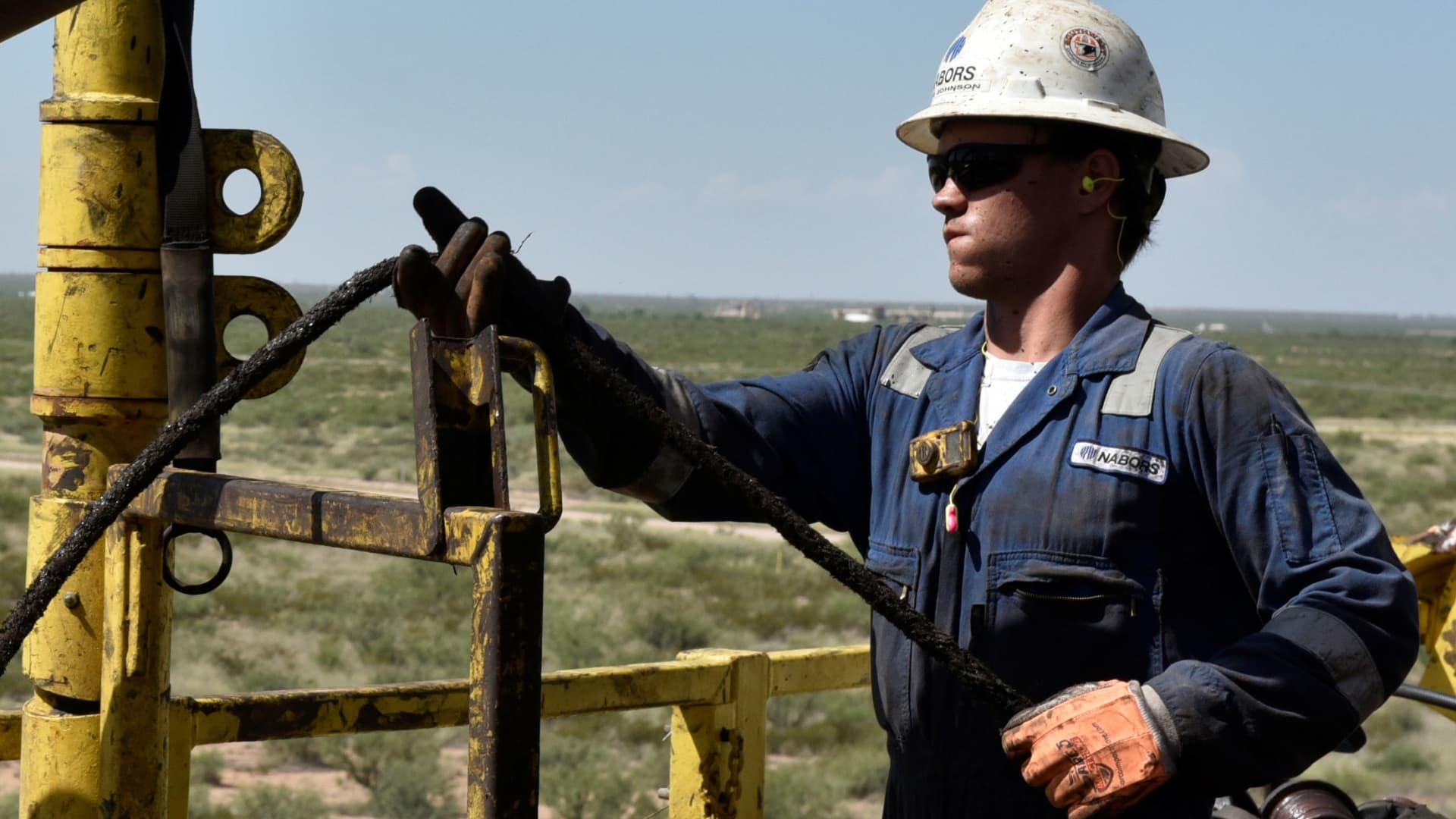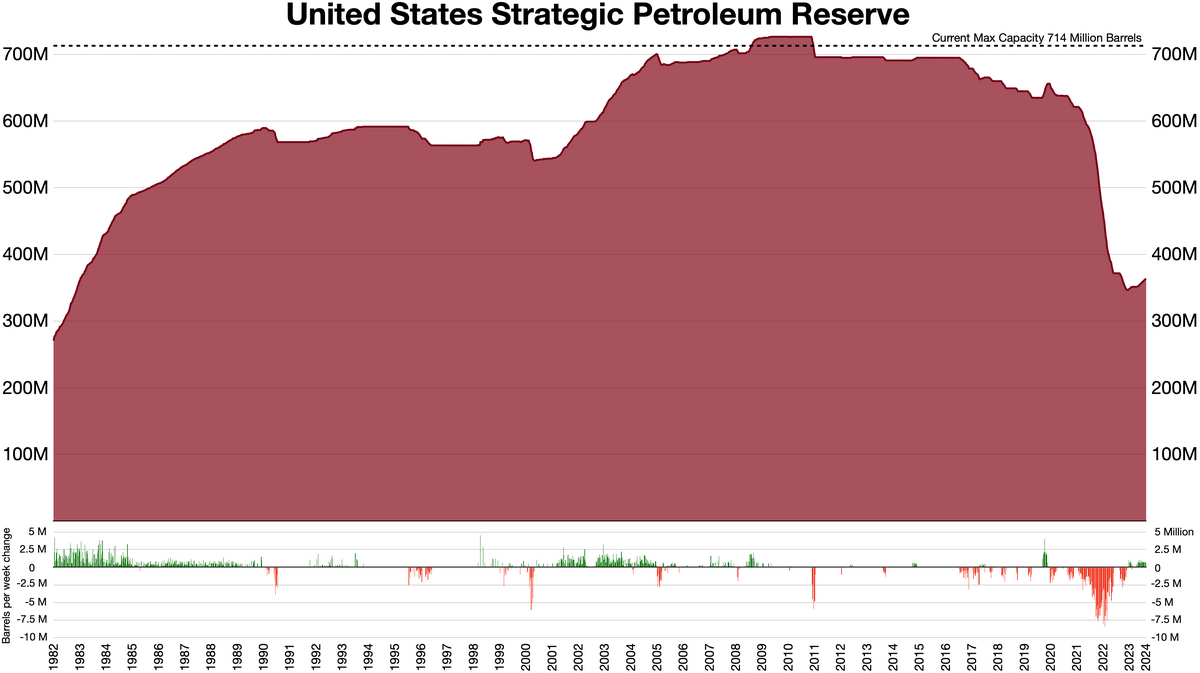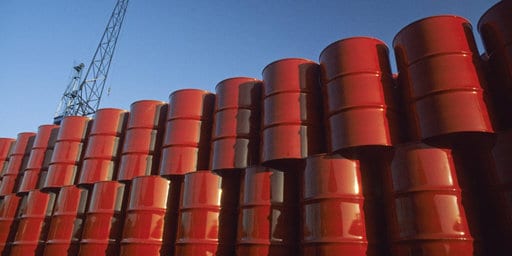....as a member of the Interanational Energy Agecy that requires its members to hold ninety days of fuel...
1. Have to admit that this is not an easy topic to discuss due to its potential scale. For clarity, the article by Major Keyurkumar Patel, states:
“...inadequate to provide a minimum requirement of 90-days’ stock, as recommended by the International Energy Agency...”
The key word is recommended.
2. Further, to quote from the same article, it states that:
“...the reality is that imported petroleum is cheaper than refining crude oil in Australia (Andrews-Speed and Dan- nreuther, 2014). Australia currently imports most of its refined supplies from Singapore, which is relatively close to Australia and politically stable, providing a 14-day supply line that is unlikely to be easily disrupted. Even if the major supply line into Singapore from the Middle East were to be disrupted, Singapore has broadened its supply sources and increased its storage capacity, further enhancing the prospects of an adequate distribution of refined petroleum to meet the ADF’s fuel requirements (Wraith, 2013).”
This adds to my prior point on working it out in deal economics, per deal. It will add to Australian energy costs and you would have to bear a political cost to implement.
3. If Australia is really serious, from an energy security perspective, the country will need 90 days’ of a whole range of different grades and types of chemicals, fuel, oil and lubricants at multiple ports of entry into Australia (near 2 to 4 population centres) — to build system resilience in a table of essentials. It is not just 1 grade of fuel to be stored.
4. Due to its scale as a regional logistics hub, it is mind boggling how the refined and ready to use fuel supply storage is tracked on a FIFO basis in Singapore and the system is more resilient than most people think. If you want energy security, you must be prepared for these additional costs, to be passed onto Australians (for use in cars, households and power plants) as these different grades of fuel supplies do ‘age’ and need to be circulated to consumers/end users in Australia before ‘expiry’. As a general rule, diesel fuel should not be stored for longer than six months. If long-term storage is necessary, avoid extreme temperatures by storing the tank underground and using proper ventilation caps. If diesel is stored for more than one year, it needs to be tested before use. The length of time diesel fuel can be stored depends on factors like tank location, contaminants, and the temperature at which it’s stored. Since these factors can vary from tank to tank. In this case, I am quite certain the deal economics do not support re-export from Australia, once a shipment is ‘landed’ in a port.
5. The chemicals and refinery industry is a total ecology, with Jurong Island (requiring multi-billion dollar infrastructure investments that can become obsolete) dedicated to value added production of these chemicals, fuel, oil and lubricants stocks — to ensure co-located consumption or value added processing of these different grades and stock piles maintained in Singapore. The rising competitor in Asia for
speciality chemicals is actually Korea (and they make Singapore Inc question the wisdom of these investments). The Koreans are beating the Chinese at their own game in certain niches.
6. I suspect that you will need endless state subsidies to create the same ecology in Australia — the Koreans, have significant domestic consumption and are nearer to China (as the world’s largest importer of speciality chemicals) will eat your Australian lunch in the area of refineries and speciality chemicals. As a global manufacturing powerhouse, Korea has a broad range of industries, including automotive, electrics and electronics, construction, textile, and plastics, forming an extensive market for the chemicals industry. In particular, demand is surging for value- added and high-tech specialty chemicals in the automotive and electronics industries.
7. I wish you luck in finding relevant open source materials to build an argument that supports your idea of increasing Australian resilience to oil shocks by increasing in country storage. Thank you for tolerating my two cents worth. No offence is intended.

 www.cnbc.com
I note that Australia under a deal has access to the U.S strategic reserves but Australia could add to these as part of the deal
www.cnbc.com
I note that Australia under a deal has access to the U.S strategic reserves but Australia could add to these as part of the deal
 www.smh.com.au
Also as the attached graph shows it could be a good time to do this
www.smh.com.au
Also as the attached graph shows it could be a good time to do this
 markets.businessinsider.com
markets.businessinsider.com






